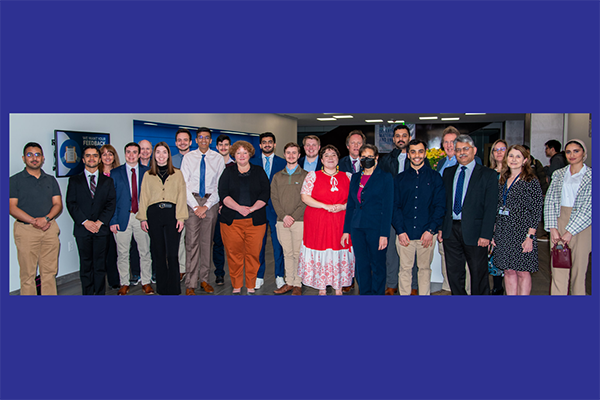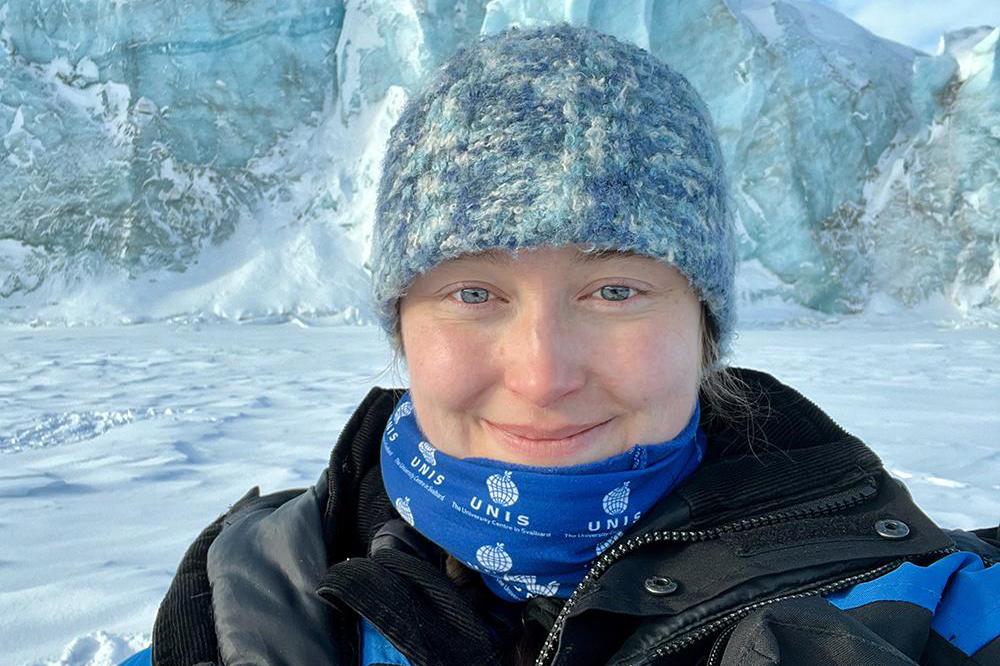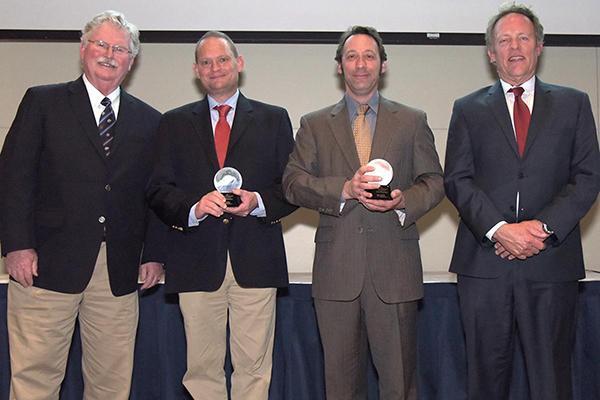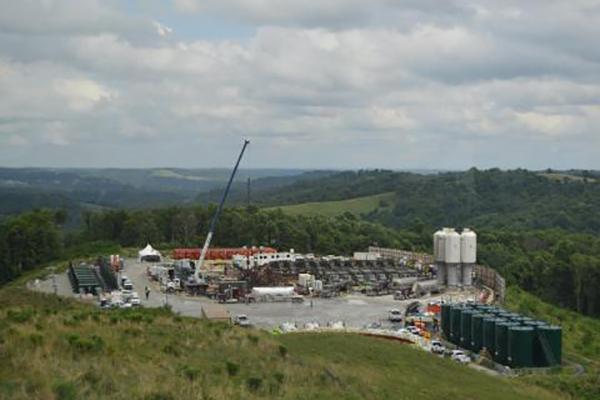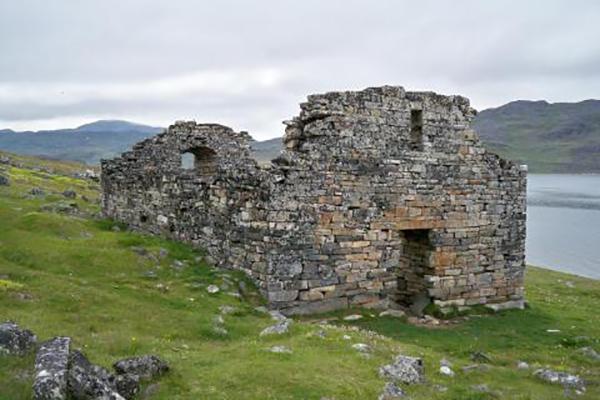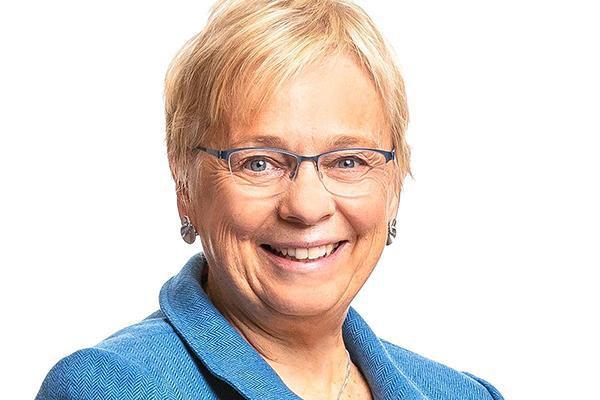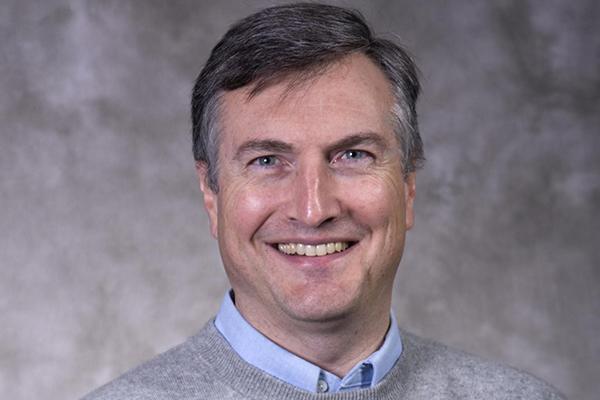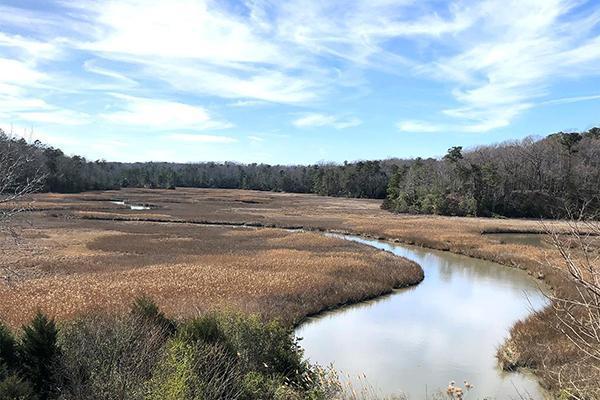Electric vehicles, or EVs, promise to reduce carbon emissions and serve as a tool to help mitigate climate change, but a team of Penn State researchers report there has been little research to determine how equitable the benefits of EVs are and, in fact, whether the technology may unfairly harm some areas and populations.
Isabella Ferreira arrived at Penn State several years ago as a social and outgoing student eager to get involved.
Sierra Melton, a doctoral student in the Penn State Department of Geosciences, was selected as one of 110 doctoral students in the United States and Canada to receive the prestigious $20,000 P.E.O. Scholar Award. The P.E.O. Scholar Awards program, established in 1991, provides substantial merit-based awards for U.S. and Canadian women who are pursuing a doctoral-level degree at an accredited college or university.
Set on pursuing a career in the music industry from a young age, Carl Fredrick Aquino never could have predicted that his career would lead him to follow the path to become a climate scientist at Penn State. But after six years of writing music for film, television and video games in Los Angeles, he decided to return to school, setting out on a mission to save the planet.
Penn State's College of Earth and Mineral Sciences (EMS) recognized exceptional students and faculty for their academic excellence, service and leadership during its annual Wilson Awards Celebration, held on Sunday, April 23.
Fractures in Earth’s subsurface play an important role in our energy systems – from providing pathways to extract fossil fuel from rock deep underground to supporting emerging green technologies like carbon storage and enhanced geothermal heat – but predicting the properties of these fractures remains challenging. A new method developed by a Penn State-led team of scientists may paint a clearer picture of fractures as they open and close in real time.
Why did the Vikings disappear from Greenland 400 years after settling there? New research led by Harvard University and Penn State using geologic and climate records found that sea-level rise likely contributed to the Viking’s disappearance from the island in the 15th century.
Susan Avery, president emerita of the Woods Hole Oceanographic Institution, will deliver the commencement address for the College of Earth and Mineral Sciences’ 2023 baccalaureate degree commencement ceremony.
Six Penn State faculty members have received the 2023 George W. Atherton Award for Excellence in Teaching.
A Penn State-led interdisciplinary team of researchers across six institutions was awarded a $3.5 million grant from the National Science Foundation to investigate the role that macrobiota, such as clams, salt marshes and seagrasses, play in carbon cycling in estuaries.



